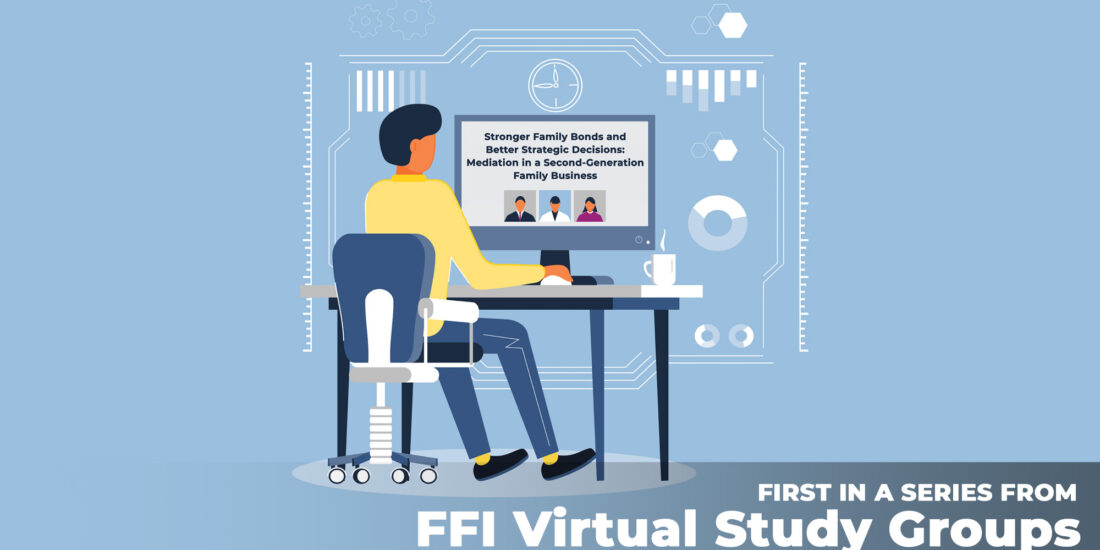Family Business Governance: A never ending challenge and a new area for research?
In this blog Prof. Wolf Nietzer explores the tensions that arise and the responsibilities that follow for an advisory board member when the best interests of the company and the desires of the shareholders are not aligned in a family enterprise. Further research is suggested.
Family Business Governance: A never ending challenge and a new area for research?
Prof. Wolf Nietzer, MBA, LL.M.
As a family business and corporate lawyer, member to German family business boards (so-called advisory boards) and business angel for startups, I pay special attention to the subject matter “family business governance.” This topic has been researched worldwide for many years and much light has been shed on boards as crucial elements of governance in family business on the one hand — and on ownership, family and management as constituents of family business, on the other hand.
Conflicts of interest as well as the issue of whose interest a board member in such German advisory boards represents are important topics in the family enterprise field. I am of the opinion that the non- mandatory German advisory board should stand for the interests of the company only, and not – as many family business shareholders believe – solely for the shareholders‘ interest.
In the best of all worlds, these constituents interests are identical, i.e., this alignment of interests is one of the duties of board members. But if no common understanding is reached, and the board member is voting in a way that differs from a shareholder’s position, conflicts arise and can ignite huge emontional dynamics — especially when the shareholder saw the board member as his or her representative.
Many questions arise. For instance:
- how to deal with disaffected, unaligned shareholders
- how to position oneself as a board member who secure the interests of the company andt not lose the confidence of unaligned shareholders
- how not to get lured away from one’s own conviction of what is right and what is wrong by a comfortable board compensation, power and standing, e.g., not being afraid to get dismissed from the board
- how to cope best with related emotional dynamics that can disturb management, shareholders, board and stakeholders?
Insofar as it comes to emotional dynamics between the board member and the shareholder, there seems to be a white spot on the map of research for family business governance. That is why I a registered in a Ph.D program to elaborate on the emotional dynamics between advisors as board members and family business shareholders — not just from a professional’s view, but from a researched academic view.
I hope this blog both contributes to related, more well-researched topics and helps to create new thoughts in the practitioners‘ community addressing differences in common law or civil law countries.
About the Contributor
 Prof. Wolf Michael Nietzer, MBA, LL.M., is the founding partner of Nietzer & Häusler, a southwestern Germany firm that advises only in German/American law issues. He holds an MBA from Northwestern University Kellogg School of Management. Wolf can be reached at nietzer@unternehmensrecht.com.
Prof. Wolf Michael Nietzer, MBA, LL.M., is the founding partner of Nietzer & Häusler, a southwestern Germany firm that advises only in German/American law issues. He holds an MBA from Northwestern University Kellogg School of Management. Wolf can be reached at nietzer@unternehmensrecht.com.
Stay tuned next week for another issue of The Practitioner.
Yours in Practice,
The Practitioner





